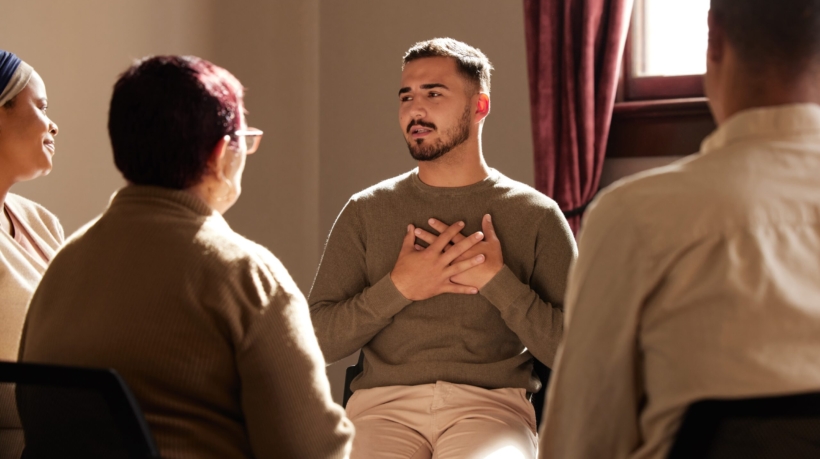Drug addiction and mental health often go hand in hand. While we see the devastating impacts of both conditions on the sufferers and their loved ones, they don’t appear out of nowhere. Addiction and mental illness can be seen as weeds that have deep root ...
Are There Mental Health Support Groups?
For those recovering from mental illness, having support is a game-changer. Mental health support groups provide confidence and motivation in helping people manage and even overcome their mental health issues. People in recovery groups for mental health ...
How Does Mindfulness Improve Mental Health?
A huge part of long-term sobriety is having optimal mental health. If you look good, feel good, and have the utmost confidence in yourself, you minimize the risk of relapse in recovery. While simple on paper, your focus may not be on mindfulness and ment ...
How to Prioritize Self-Care
The key to staying sober for the long term is learning to take care of your mental health. A large part of accomplishing that goal is to prioritize self-care daily. The ability to take care of your physical and mental health needs goes a long way in keep ...
How to Create a Safe and Supportive Environment in Recovery
If you are newly sober, it feels like you are stepping into a new, brave world. While you are excited to begin this new chapter in your life, temptations and triggers seem to lurk around every corner. As someone new in recovery, you need to have things i ...
Are Men More Prone to Addiction?
Addiction spares no one. No matter your age, race, socioeconomic background, sexual preference, or community standing, addiction is an equal opportunity destroyer of lives. Substance abuse impacts the user's life and their family. While people from all w ...
What Are the Signs of Addiction in Men?
Addiction is a progressive and debilitating condition that affects all people from all walks of life. No one is immune to the ravages of substance abuse. It destroys the life of the user, and it creates chaos for the user’s family, friends, and community ...
What Are the Signs of a Functioning Alcoholic?
When you think about what an alcoholic is, you more than likely paint a harsh picture. In your mind, an alcoholic’s life is falling apart, and they may be living on the margins of society. While there are people who fit that profile, there are people who ...
What Are the Types of Support Groups For Families of Addicts?
It is often said that addiction is a family disease. While the focus of drug treatment is to help and heal the addict, the family must also be part of the recovery process. Each family member has a role in the development of a loved one’s addiction. For t ...
How Do I Know If I Am an Alcoholic?
Are you questioning your drinking habits? Do you enjoy drinking alcohol, but sense that you may be enjoying it a little too much? Alcoholism is a progressive and devastating disease that destroys the lives of users that the ones they love. Alcohol addicti ...










